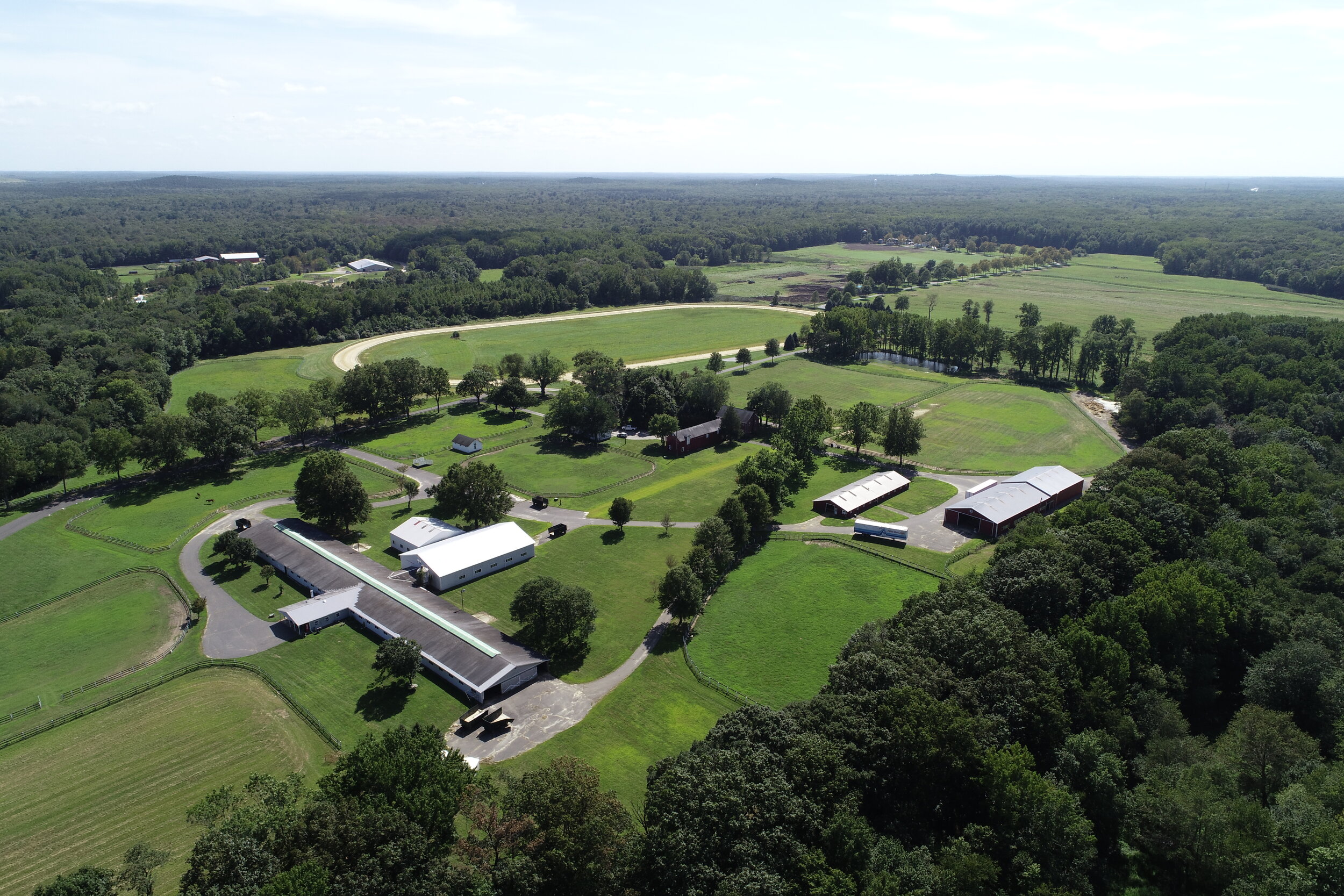Bear Swamp Natural Area boasts miles of trails, a charming pond, and over 900 acres of woodlands. Access the park on Maxim Road in Howell Township. Photo by Kathi Novak
Looking for a new place to enjoy the fresh air and safely social distance? Look no further than the Bear Swamp Natural Area! This spacious nature preserve located on Maxim Road in Howell Township just expanded thanks to the land conservation partnership between MCF and the Township of Howell. In November 2020, MCF successfully facilitated the acquisition of a 4-acre property with the Township of Howell to enlarge the park at a time when people need access to outdoor places more than ever as the pandemic endures.
The newly acquired land was owned by the Van Schoick family for many years until the family agreed to sell the land to expand the park. The family’s decision will ensure the land is never developed and remains available for the community and the wildlife that call it home.
The COVID-19 pandemic has sent residents to parks in droves as they seek safe outdoor options for overall wellness. Bear Swamp Natural Area is a hidden gem to enjoy nature with miles of walking trails, a fishing hole, and a diverse array of wildlife.
“I love to see the mama fox with her cubs”, recalls Elizabeth Naskiewicz, a Howell resident and local environmental advocate, during one of her many visits to this park that she has been influential in protecting for decades. Starting in 1987 local environmentalists like Elizabeth have been working with the township and MCF to preserve this expansive wildlife sanctuary that now connects Allaire State Park and Manasquan Reservoir, making it one of the largest and most critical areas for wildlife habitat in Monmouth County.
“The pond is a favorite fishing spot for so many in the area. Generations of locals have enjoyed fishing there and catching frogs,” explains Elizabeth as she describes the peaceful shaded pond area that is local favorite.
“If you’re lucky, you’ll see a Heron hunting along the edges”.
Habitat loss is the greatest threat to species diversity and the natural world, occurring when natural land cover is destroyed, fragmented, or degraded. When an ecosystem has been dramatically altered or destroyed by human activities, it can no longer provide the basics for species to survive - food, water, shelter, and places to raise their young. Without the ability to navigate through these changing landscapes and climates, healthy wildlife populations will continue to decline and be unable to survive much less thrive. Knowing how critical habitat is to species survival, MCF works with municipalities across Monmouth County to preserve natural lands.
“We must continue to preserve these natural places not only for human and wildlife wellness, but to protect our property values and the quality of life that we all enjoy. Access to parks and nature is why people love Monmouth County. We can’t stop the all-important struggle to protect it,” remarked William Kastning, Executive Director for MCF.
With your help, MCF can continue to preserve these precious habitat sanctuaries like Bear Swamp Natural Area that countless wildlife call home. The clock is ticking on preserving the remaining natural areas before they are lost forever. Your love of wildlife and the wonders of nature will make a difference. There are many areas ready to be conserved—all we need is you.
Can you spot these at Bear Swamp Natural Area?
You need to be very patient to catch a glimpse of a Pine Barrens Tree Frog or Gray Fox, but they can be found at Bear Swamp Natural Area. The Blue Heron can often be seen fishing at the pond.









